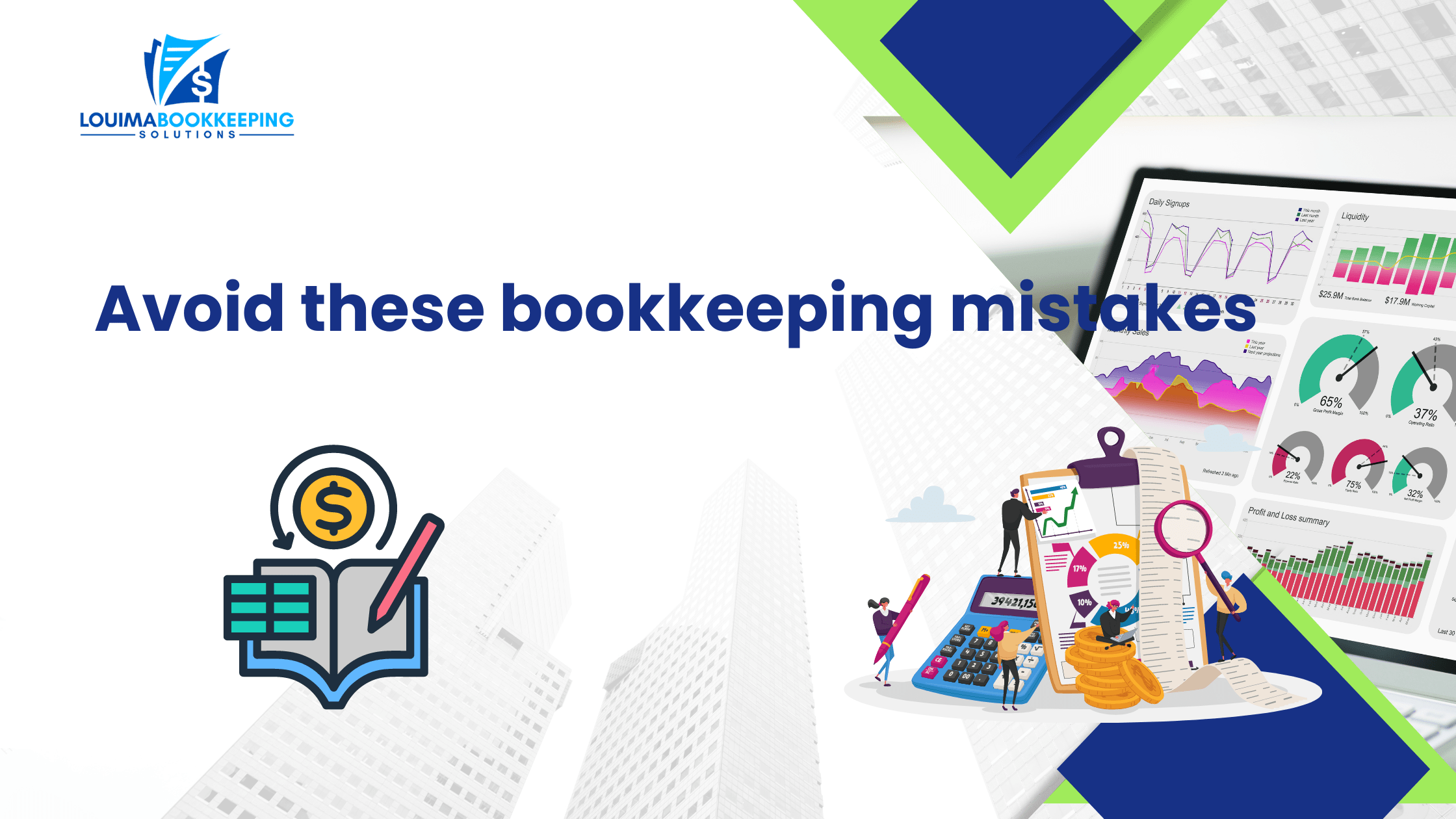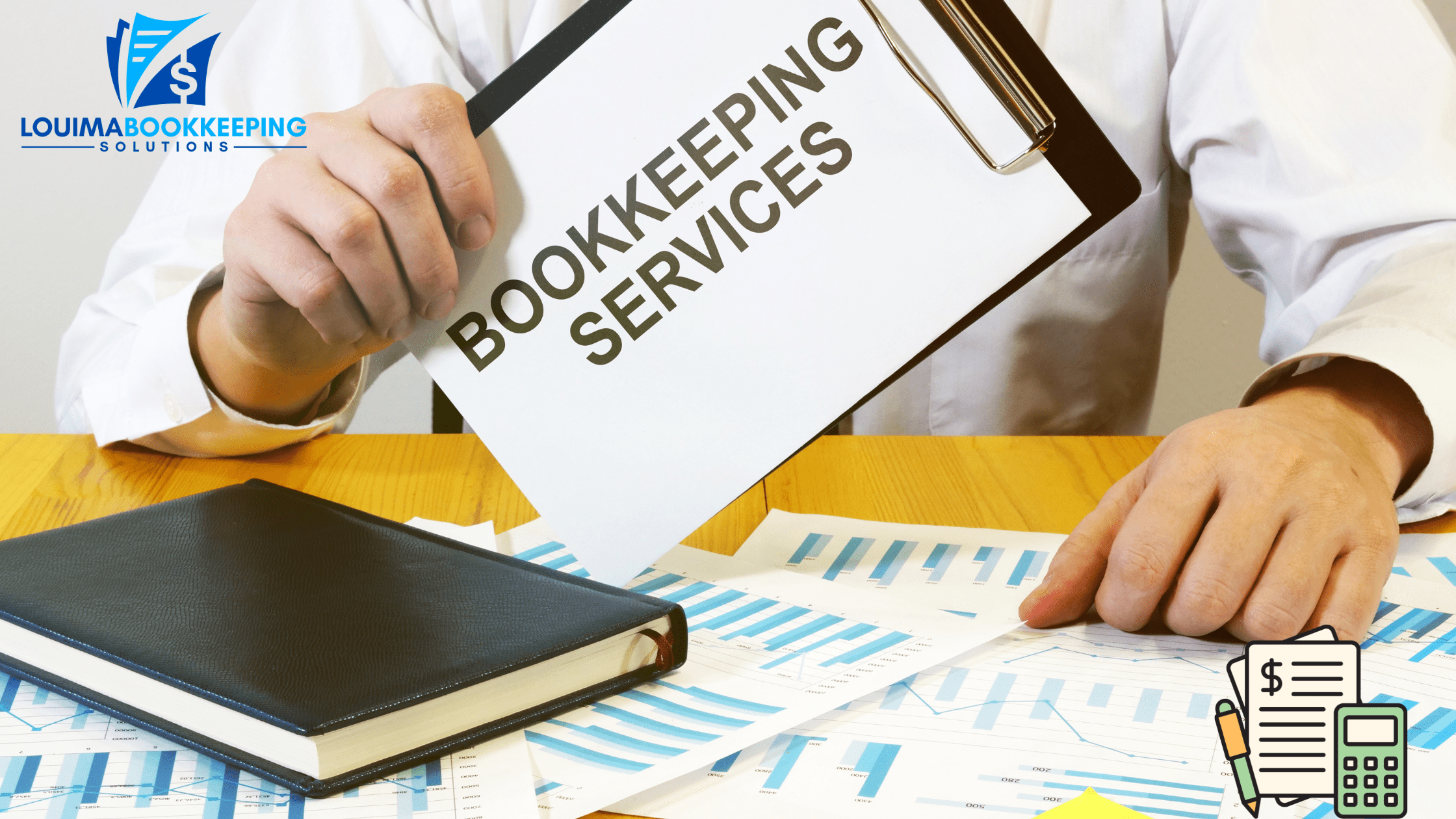Table of Contents
For small business owners, tax season is more than just a deadline on the calendar—it’s a critical opportunity to assess the health of your business, stay compliant with the law, and plan for the future. Proper tax preparation can make the difference between a smooth process and a stressful scramble. By following effective small business tax preparation tips, you can simplify the process, avoid errors, and maximize savings.
Tax season can seem overwhelming with its forms, deadlines, and regulations, but it doesn’t have to be. By understanding the fundamentals, avoiding common mistakes, and taking advantage of opportunities to save, small business owners can confidently navigate their tax obligations while strengthening their business’s financial foundation.
Whether you’re a sole proprietor managing every aspect of your business or the owner of a growing LLC with multiple employees, this comprehensive guide is here to help. From identifying frequent pitfalls to optimizing your tax strategy, we’ll cover the essential steps to prepare for tax season and ensure your business is ready to thrive in the year ahead.

Let’s dive in and make this tax season the easiest one yet.
Pro Tip: Each business need differs, so consult a tax professional for guidance for your specific use case.
1. Essential Small Business Tax Preparation Tips to Avoid Common Mistakes.
Even experienced business owners can make errors during tax season. Here are some common mistakes and how to avoid them:
- Mixing Personal and Business Finances: Keep separate personal and business expenses accounts. This makes it easier to track deductions and reduces errors during filing.
- Overlooking Deductions: Deductible expenses such as office supplies, utilities, and business travel can add up. Take time to understand what’s deductible in your industry.
- Neglecting Estimated Taxes: Many small businesses are required to pay quarterly estimated taxes. Missing these deadlines can lead to penalties.
- Incorrect Worker Classification: Misclassifying employees as independent contractors can result in hefty fines. Make sure to understand IRS guidelines on worker classification.
- Disorganized Record-Keeping: Poor records lead to errors and missed opportunities for deductions. Use accounting software or hire a bookkeeper to stay organized.
For example, claiming a home office deduction could trigger an audit if you forget to separate personal and business finances. A clear paper trail is your best defense.
2. How Your Business Is Taxed
Your business structure determines how it’s taxed. Here’s a breakdown of common structures:
- Sole Proprietorship: Income is reported on your personal tax return (Schedule C). You pay self-employment taxes on profits.
- Partnership: Partnerships file Form 1065, and income is passed through to partners’ individual tax returns using Schedule K-1.
- LLC: Taxation depends on whether the LLC is treated as a sole proprietorship, partnership, or corporation.
- S Corporation: Income is passed through to shareholders, who report it on their personal tax returns. The company avoids double taxation.
- C Corporation: The corporation pays taxes on profits at the corporate rate. Shareholders may also pay taxes on dividends.
Tip: Consult with a tax professional to determine if your current business structure is the most tax-efficient for your needs.
3. The Forms You Need to File
Understanding which tax forms you need can save time and prevent errors. Below are common forms based on business structure:
- Sole Proprietorship: Use Form 1040 with Schedule C for income and expenses. You’ll also file Form 941 for payroll taxes if you have employees.
- Partnership: File Form 1065 for the business and distribute Schedule K-1 to each partner.
- Corporations: C corporations use Form 1120, while S corporations file Form 1120-S.
- Independent Contractors: Issue Form 1099-NEC for payments of $600 or more to contractors.
Reminder: Keep track of W-2 and 1099 deadlines to avoid penalties for late filing.
4. Keep Organized Records Year-Round
Organized records are critical for accurate filings and avoiding IRS scrutiny. Here’s how to manage your records effectively:
- Use Accounting Software: Programs like QuickBooks or Xero can automate expense tracking and generate financial reports.
- Digitize Receipts: Use apps to scan and store receipts electronically, ensuring you have proof of deductible expenses.
- Track Mileage: If you use a vehicle for business purposes, keep a log of trips and related expenses.
- Reconcile Monthly: Regularly reconcile your accounts to catch errors early.
Scenario: Imagine being audited but unable to provide receipts for business meals. Organized digital records can save you from hefty fines.
5. How to Reduce Your Taxes
Reducing your tax liability starts with smart planning. Here are strategies to consider:
- Claim All Deductions: Deduct expenses like rent, utilities, and advertising costs. If you work from home, don’t forget the home office deduction.
- Contribute to Retirement Plans: Contributions to a SEP IRA, SIMPLE IRA, or Solo 401(k) can reduce taxable income while preparing for your future.
- Invest in Your Business: Equipment purchases, software, and professional development are deductible expenses that also help grow your business.
- Take Advantage of Tax Credits: Look into credits like the Work Opportunity Tax Credit or the Small Business Health Care Tax Credit.
Pro Tip: Timing is key. If you expect higher revenue next year, defer income and accelerate expenses to reduce this year’s taxable income.
6. How to Avoid IRS Penalties
- IRS penalties can be costly and stressful. Follow these tips to stay compliant:
- File on Time: Late filing penalties can be steep. If you can’t meet the deadline, request an extension using Form 4868.
- Pay Taxes Promptly: Avoid late payment penalties by making timely estimated tax payments or paying your balance in full.
- Double-Check Your Work: Simple math errors or incorrect Social Security numbers can lead to rejected returns and penalties.
- Stay Current on Tax Laws: Tax regulations change frequently. Keep yourself updated or work with a tax advisor.
Example: A small business owner forgot to file quarterly estimated taxes and faced penalties at year-end. Setting calendar reminders could have avoided this issue.
7. How to Get Tax Penalties Removed
If you’ve already incurred penalties, you may be able to have them waived under certain circumstances:
- First-Time Penalty Abatement: The IRS offers a one-time penalty waiver for taxpayers with a clean compliance history.
- Reasonable Cause: If you missed a deadline due to illness, natural disasters, or other uncontrollable events, you can request penalty relief.
- Correct Errors Quickly: Address mistakes as soon as you notice them to reduce penalties.
- Hire a Professional: A tax professional can negotiate with the IRS on your behalf to reduce or eliminate penalties.
Tip: Always respond promptly to IRS notices and provide requested documentation to support your case.
Start Preparing for Tax Season Today
Tax preparation doesn’t have to be overwhelming. With these small business tax preparation tips, You can make tax season a breeze by avoiding common mistakes, keeping organized records, understanding your tax obligations, and planning ahead. Here are the key takeaways:
- Separate personal and business finances for clearer reporting.
- Understand your business structure to determine the right forms to file.
- Leverage deductions, credits, and retirement contributions to reduce taxes.
- File and pay taxes on time to avoid penalties.
Finally, consult with a tax professional for personalized guidance. Start preparing now to reduce stress and position your business for success in the coming year. Taking a proactive approach will save you money and give you peace of mind during tax season. Learn more about how to avoid other bookkeeping mistakes













